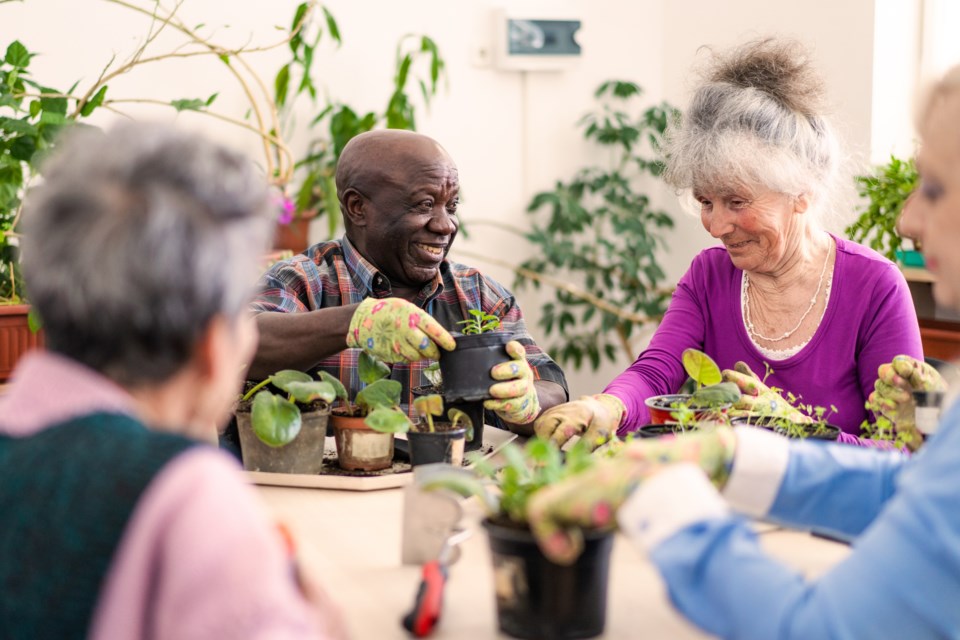Chances are, some Squamish readers are plagued by a nagging fear they may be losing their memory.
Others are worried their loved one is showing signs of cognitive impairment.
While Squamish's demographic trends fairly young—with a median age of 37.6—if they haven't already, many will soon have someone in their family who has been diagnosed with dementia.
About 650,000 people currently live with dementia in Canada today.
Put another way, about 8.4% of Canadians over 65 had some form of dementia in 2020, according to the Alzheimer Society of Canada.
With 2,615 people in Squamish over 65 in the 2021 Stas Can census, that means at least 220 locals are currently living with dementia.
Over the next 30 years, the number of people living with dementia in Canada will grow by 187%, according to the Alzheimer Society.
What folks unfamiliar might not know is that dementia isn't a disease, per se. It is symptoms of a loss of mental function that interferes with daily life. Alzheimer's disease is a type of dementia.
Dementia can include memory loss, language difficulties, impaired judgment, changes in mood or behaviour, decreased ability to perform daily activities, disorientation, and problems with abstract thinking.
Dementia can't be reversed.
Whatever else we can't control in life, most of us feel we can at least control our reasoning or thinking—thus, it can be a terrifying diagnosis for the person hearing it and for their loved ones.
The unknown and scariness of it can lead people to delay diagnosis, but, like with most conditions, early diagnosis is best.
(Only a medical professional can diagnose you or your family member, so don't rely only on an online quiz!)
Some treatments can make life easier for the person living with dementia, and agency matters.
Given enough time, a person diagnosed can decide about their future and care, which is better for all involved.
And, luckily, there’s plenty of compassionate help available.
The Alzheimer Society of B.C. is the first place to turn, with lots of resources and humans to connect with who know what you are going through and can help.
As community members, we should also be aware of the possibility someone we are interacting with is living with dementia, because, as noted, more will be.
As with all things, approaching someone with dementia is best done by maintaining their dignity.
Use person-first language, the society recommends. So, "person living with dementia," not "dementia sufferer," for example.
When communicating with a person with dementia, there are five golden rules UsAgainstAlzheimer's recommends:
1) Don't tell them they are wrong about something, 2) Don't argue with them, 3) Don't ask if they remember something, 4) Don't remind them that their spouse, parent or other loved one is dead, and 5) Don't bring up topics that may upset them.
If you have been diagnosed with dementia, or know someone who has, you aren't alone.
Reach out to the Alzheimer Society of B.C.



